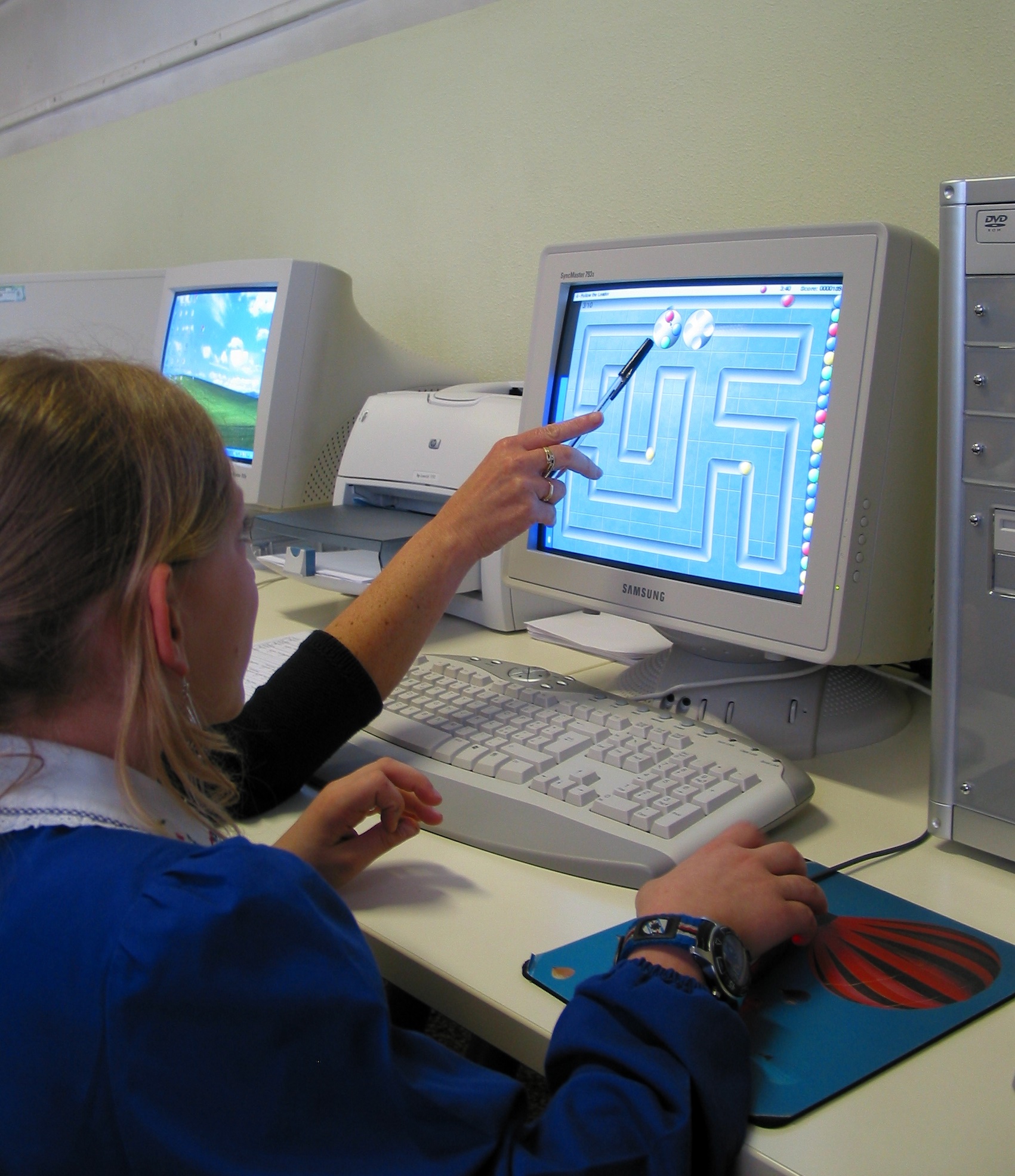ITD has been engaged in research projects on computer games for a long time now; in particular, it takes into consideration the use of mind games, puzzles, brainteasers etc. to support the development of logical reasoning and problem solving skills.
In this context ITD has designed a set of longitudinal experimentations in primary schools for the use of computer games both as a means to understand and highlight reasoning difficulties of individual pupils and as tools to support the implementation of solution and structuration strategies of the needed skills/competencies.
Research outcomes concern both the design of the major skills required for the solution of the considered computer games and the design of protocols and methodologies to support their educational use (in view of the support to learning and the understanding of learning difficulties).
In particular, research activity concerned:
- A detailed analysis of cognitive abilities required to solve a given number of mind games, with special reference to abilities related to logical strategic reasoning and to the solution of specific problems.
- An analysis of functional characteristics of a wide range of mind games with special reference to those particularly fit for educational purposes.
Given that not all mind games are suitable for education, interface easiness and clearness play an important role along with the type and structure of the game (sequential management of difficulties, type of feedback, distracting elements etc.) which, all together, contribute to determine the "educational function" of each game.
ITD investigated theoretically and in-depth these aspects in order to support teachers in the selection of games for their projects able to meet the hoped educational objectives.
- The development of survey techniques for skills and difficulties specific to each pupil when coping with the required cognitive tasks.
The educational use of computer games is often thought of as a means to develop skills, i.e., its active role in stimulating and enhancing cognitive, thinking and reasoning skills. Actually these games are equally useful to detect the level of abilities of each pupil, in order to better understand their difficulties and hence shape recovery activities.
ITD is specifically engaged in this "diagnostic" activity in the biennial LOGIVALI project of INVALSI started in 2006.Through the use of computer games it aims to highlight strategic thinking and logic reasoning of primary school pupils.
- The design of a methodology for games use in schools according to the stated objectives. First of all the educational use of games requires a careful instructional design - selection of educational objectives and type of pupil (age and school level as well as specific learning difficulties, behaviour etc.) and of the work methodology.
ITD carries out research work on the latter item, i.e., it supports teachers in the design of the activity sequences to be proposed. On one hand the analysis of computer games and on the other hand that of skills needed to solve them, allow a consistent and increasing progression of difficulties in order to supply a step-by-step guidance to the pupil in the activation of increasingly complex reasoning and progressively stimulate their cognitive abilities.
- The design of organizational and managing models of work sessions and the use of the school computer labs..
The organization of the game and study-oriented activities at school labs is extremely important for the success of the project. On the grounds of such awareness and of many experimentations, ITD designed some basic parameters and aspects to be considered for better planning and better work in view of really effective results.
Vedi anche:
Immagini:


